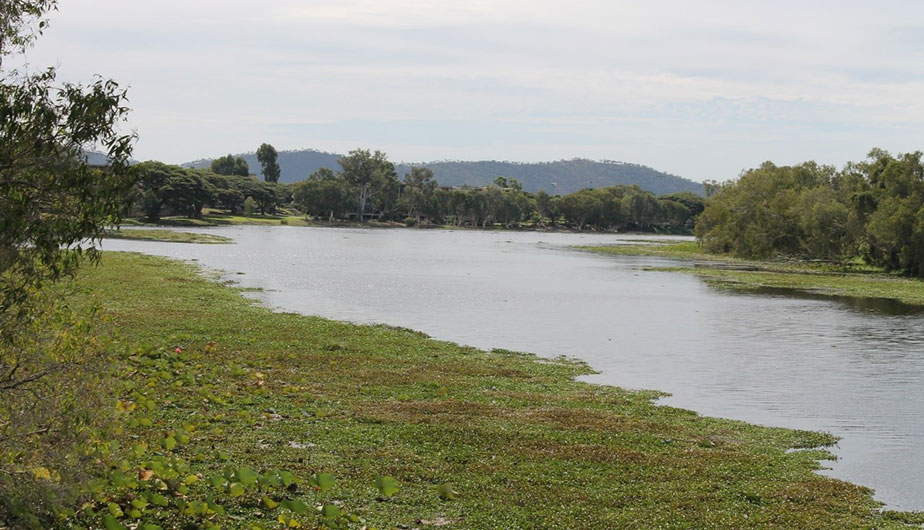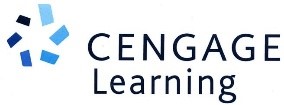Economics through a Digital Lens Student Photography Competition
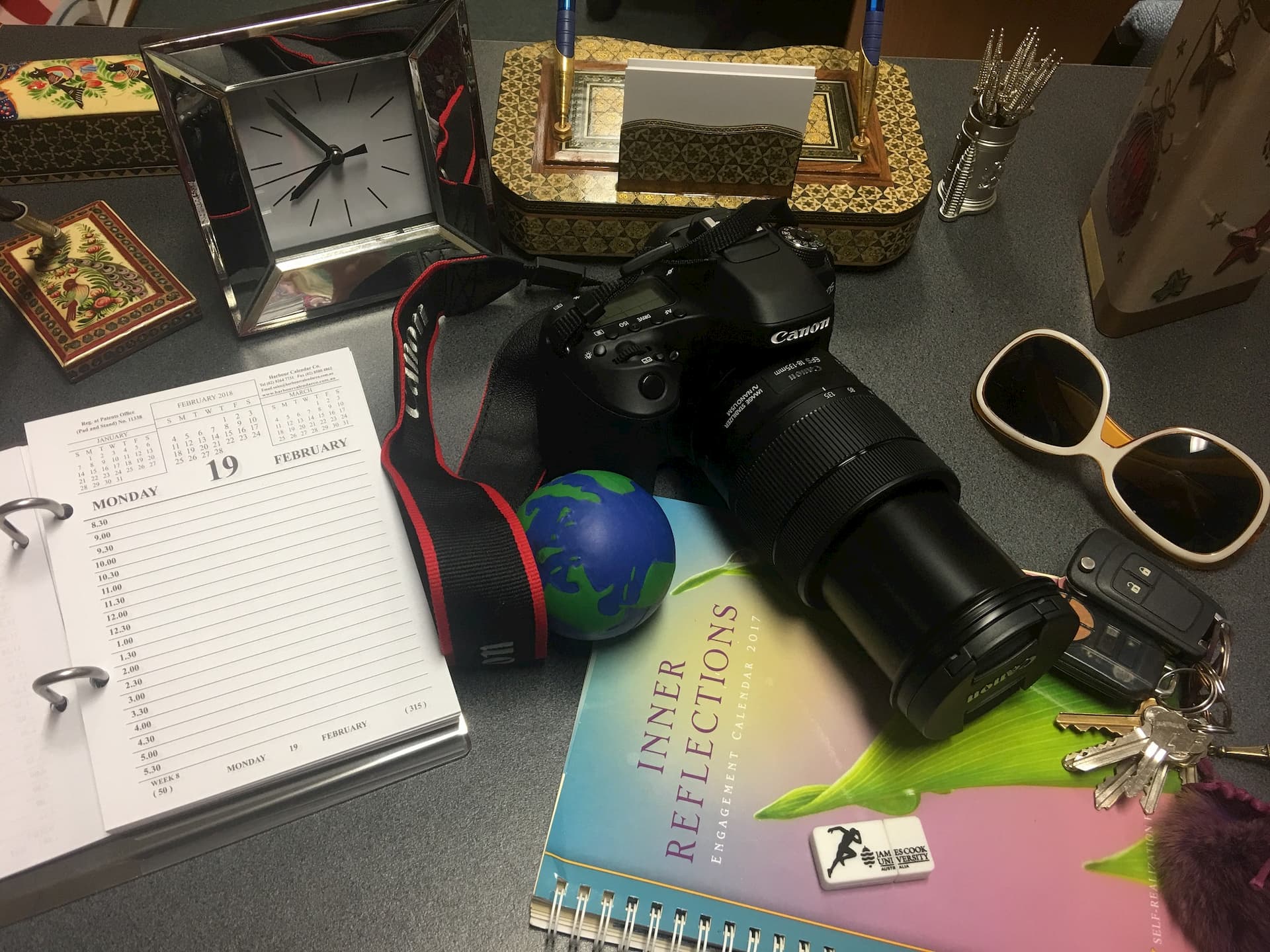
Economics through a Digital Lens:
"that which is seen and that which is not seen"
Economics plays a vital role in our lives and the societies in which we live. Economics affects us all every day; at home, at work, at university, within our community, and in the world. The Economics through a Digital Lens (EtDL) competition is an excellent opportunity for students enrolled in BU1003/BU1903 “Economics for Sustainable Business” to be creative and use photography to document economic principles through images and to capture the relevance of Economics in day-to-day life. This photo contest explores themes such as growth, environment, externalities, and government policies.
To make the competition more accessible to all students we encourage the use of mobile phones and tablets to take photos.
| The 2018 EtDL Competition is now closed. Thank you to all participants and congratulations to our winning entries! |
|---|
Each entry should fall into one of the following four categories:
- Environment, and externalities
- Inflation, and/or unemployment
- Government policies
- Economic growth
| First Prize - Julia Petersen 'Never ending reliance' 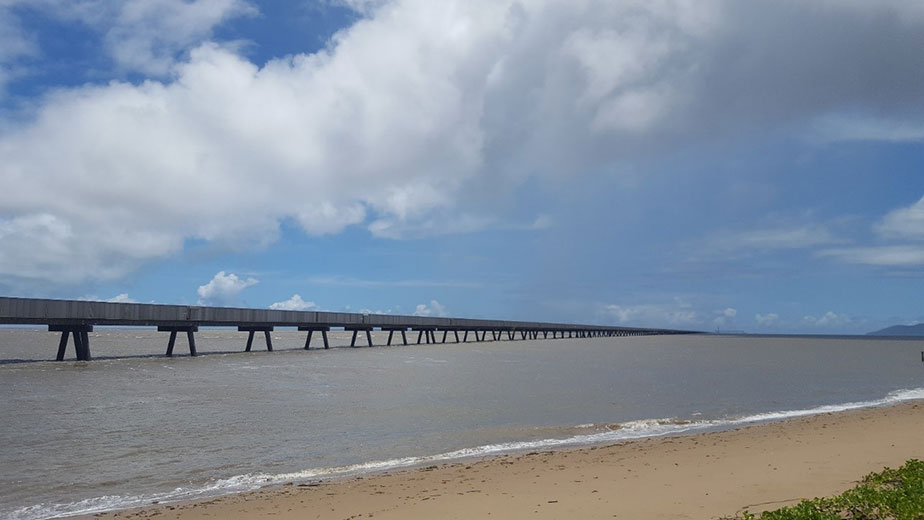 Photographer's Statement: This photo was taken of the Lucinda Jetty in Lucinda, North Qld. This image directly relates to the area's heavy reliance on the sugar industry. This jetty is a source of income for the farmers; to be able to transport their sugar. Whilst it's an eye-sore to the beach, it is a very necessary structure for the economic growth of the area. |
Second Prize - Michael Peters Photographer's Statement: As Townsville gets larger, the effect of pollution on the local water bodies becomes more apparent. The local Ross River hosts a range of sporting and leisure activities throughout the year, attracting visitors to the local economy where they will spend their money. If the local rivers and water bodies are not protected from pollution, Townsville could lose out on income generated from tourism, as well as suffer negative externalities including toxic rainfall, polluted air, the spread of disease and sickness, and the deaths of local animals that require that water source to survive. |
| Third Prize - Alice Venables 'Skyscraper Sunset, Economic Horizons' 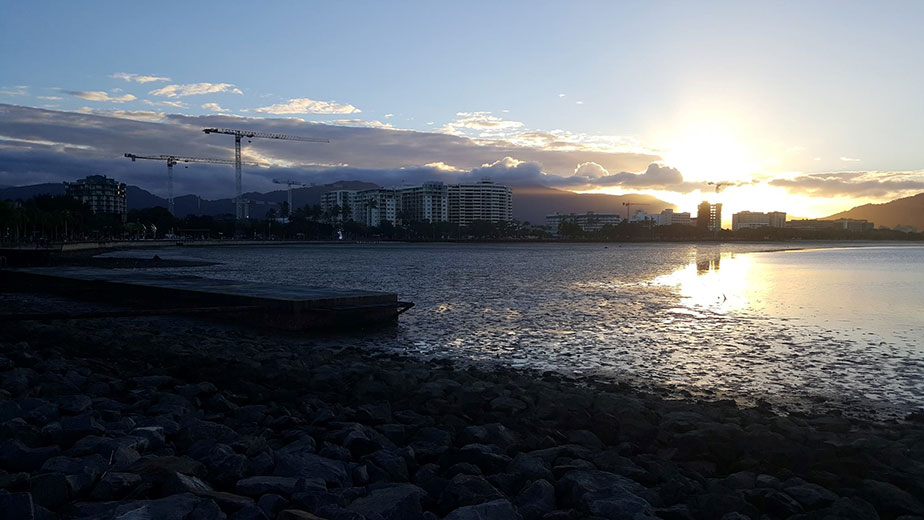 Photographer's Statement: After studying all day, I decided to take my son down to the Esplanade for a walk. We walked as far as Salt House and stopped to view the different types of boats. After much discussion of "what type of vessel we both would like", we started to head back. As I turned back, I noticed the sunset. In the shadow of the sunlight, the skyscrapers are in the sky. The building industry is on a growing trend. A sign that the economic population is increasing. Demographically, Cairns Esplanade is changing and so was the reflection in the sunset. |
| Judges' Choice - Julia Petersen 'Just another sunny day' 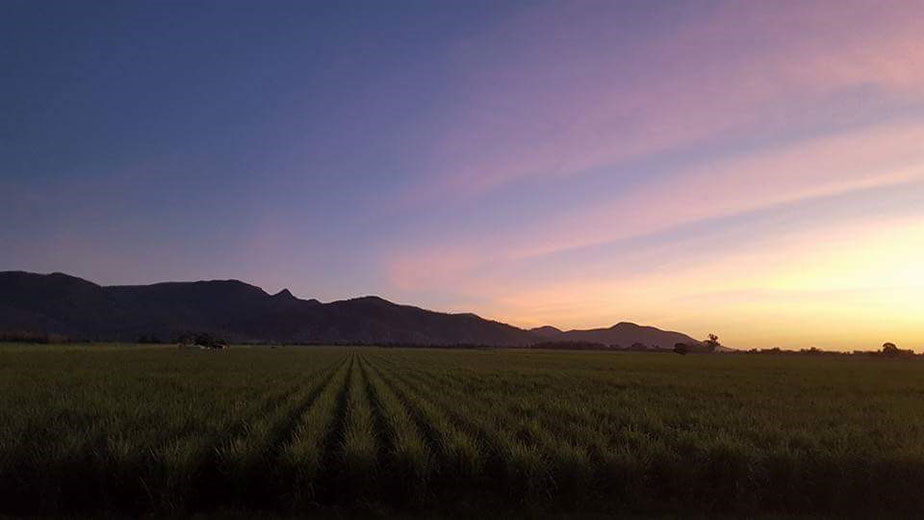 Photographer's Statement: This photo is taken from the back verandas of a farmer's home in Ingham, North Qld. It reflects the environmental impact and reliance that this farmer's industry (cane) has on his success as the crop grows. Farmers never know what they are going to wake up to, and they can only plan ahead for what they can foresee; environmental changes are not usually so easy to foresee - luckily this time it is showing 'just another sunny day'. |
| Judges' Choice - Christie Kent 'Global Warming Effects' 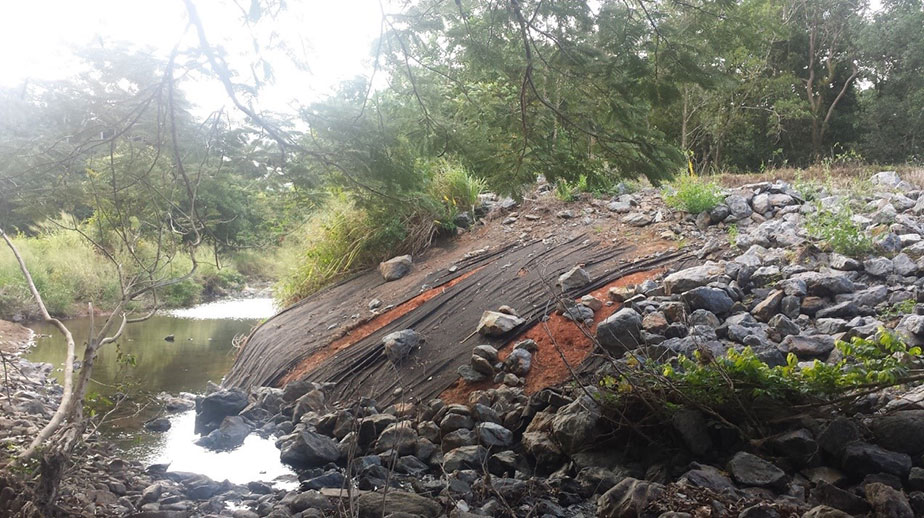 Photographer's Statement: The environmental change that we are facing and, as a society, are contributing to, is caused by global warming, which is affecting weather patterns all over the world. At the start of 2018, Cairns and the surrounding region experienced torrential rainfall over a period of 6-8 weeks, causing severe floods and extensive damage across the region. This photo is representative of the amount of damage that the floods have caused to the environment and, in turn, the economy, causing a redistribution of state funds to concentrate on repairs instead of economic growth. |
The EtDL is a photo contest organised by the Economics and Marketing Academic Group, within the College of Business, Law and Governance (CBLG) at James Cook University (JCU). By entering this contest you acknowledge your acceptance of the following competition rules, which can also be downloaded here:
Important Dates
- The competition will open on 1 March 2018.
- The competition will close at 5pm on 10 June 2018.
- The winners of each of the categories and judges' favourites will be announced on 25 June 2018. Judges’ decisions will be final.
- Winning images will be displayed online on the CBLG website soon after 25 June 2018.
- All entries will be displayed in an online exhibition on the CBLG Facebook page in early July 2018.
Eligibility
- The EtDL photo contest is open to all students currently enrolled in BU1003/BU1903 in Cairns, Townsville, and External. This competition is not open to staff.
- Entry to the competition is free.
- Photos are submitted through Entry DropBoxes on LearnJCU site for BU1003. The Entry Dropboxes are located within the “Economics through a Digital Lens” tab on the left-hand-side menu.
- Entries that are deemed to be offensive, unsuitable or inappropriate will be rejected, and relevant students will be notified accordingly.
Submission of photos:
- Each entry must relate to one of the four categories.
- Students can submit photographs to all four categories and within each category students can submit up to two photographs (a maximum total of 8 entries per entrants).
- Students cannot submit the same photo to more than one category.
- Each photo must be submitted with a given short title.
- In addition to the title, each photo must also be submitted with a supporting statement (between 50 to 100 words). The supporting statement will explain how the image relates to the category under which they are submitted and to an economic theory/topic. This information will be given equal consideration, alongside the image, during the judging process.
Digital image criteria
- All entries must be submitted in the PowerPoint slide template presented on the BU1003 LearnJCU site.
- Within the template, the photo must be larger than the text (please refer to example provided on the BU1003 LearnJCU site).
- Photos can be in colour or in black-and-white.
- All winning entrants may be required to supply their image in a high-resolution format for print and publicity purposes.
- Light edits are acceptable, to sharpen images or to remove red eyes. Students must declare if the image has been edited or manipulated beyond light touch-up.
Entry terms, consent and copyright
- All entries must be the original work of the students, and students must hold full copyright of the images.
- All images must have been taken on or after 1 March 2018.
- Entries must not contain anything obscene, discriminatory, or defamatory.
- Students younger than age 17 must also submit written permission from their parents or guardians before entering the competition.
- Students must not break any laws when taking their photograph(s).
- If submitted images contain any material that belongs to a third party, it is the responsibility of students to obtain permission to use the photograph, so as to allow the competition organisers to fully exercise their rights without any obligation to make any payment to any party.
- By entering the contest, students grant non-exclusive rights to organisers to publish their images where they wish on the JCU website, and on CBLG social media accounts including but not limited to Facebook and Twitter, but students will retain full copyright and ownership of their image(s).
- Students also give permission to organisers to showcase all submissions via a pop-up exhibition across the campuses at Cairns and Townsville.
- By entering the competition students agree to their images being used for CBLG promotional activities, including use by the national and regional press.
Contestants’ personal information
- Students’ names are used as part of the entry process and used for the purpose of processing students' entry and prize notifications.
- If the images are used for promotional activities, Students’ names will be made available to the press and media, alongside the image.
The EtDL prizes are supported through the generosity of the Cengage Learning Australia – Higher Education.
| All winning photos will be displayed in an online exhibition on the CBLG website. Furthermore, all photo submissions will be published in an online exhibition on the CBLG Facebook page. |
|---|
The prizes are:
1st Prize $150 Cenage book voucher
2nd Prize $100 Cengage book voucher
3rd Prize $75 Cengage book voucher
In addition there can be a maximum of six judges’ favourites, each receiving a $50 Cengage book voucher.
To combat unconscious bias, EtDL adopts anonymous judging of entries and follows a blind judging process.
Entries will be judged based on their artistic value, the relevance to the category in which they are entered, and their interpretation of the economics theory/ topic behind the photograph (i.e. supporting statement of up to 100 words).
There will be no pre-selection round. ALL entries are considered ‘shortlisted’ and they will all be judged by the judging panel.

Dr Taha Chaiechi
Dr Taha Chaiechi is the Academic Head of the Economics and Marketing discipline at JCU. She is the subject coordinator for BU1003 – Economics for Sustainable Business and the organiser of the Economics through a Digital Lens photo competition. Taha is committed to the idea that the accumulative development of economic theory is only possible when that theory is continuously examined in terms of its capacity to both explain the real world and to provide reliable recommendations to public policy. Her research attitude is holistic and inspired by issues in climate change, public health, and environmental economics, which makes it especially suitable for sustainability analysis. Taha’s approach to teaching is predicated on her view of the lecturer as a facilitator rather than a director of the learning process. As part of this approach, Taha believes students (learners) need to be involved in their own learning process, in order to be able to make meaningful connections to the real world outside the lecture theatre.

Professor David Low
Professor David Low is the Dean of the College of Business, Law, and Governance at JCU. David has a wide variety of both industry and academic management and boardroom experience. Prior to commencing at JCU David was Head of School of Marketing at the University of Western Sydney, a position he held for five years. David was also Chair of the Riverside Theatres Advisory board and President of the Western Sydney Business Connection. He also has extensive curriculum development experience at both the Undergraduate and Postgraduate levels and was a member of the Marketing Learning Outcomes Working Party that developed national standards for the discipline of Marketing. David’s research interests include Cross-Cultural Issues; Country of Origin Studies; Ethnicity, Market Orientation, Firm Performance, E-Marketing; Innovation, SMEs and the use of technology in business value chains, including co-editing a book on E-Novation and Web 2.0.
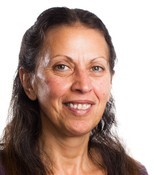
Dr Josephine Pryce
Dr Josephine Pryce is the Academic Head of the Management, Governance, and Tourism discipline at JCU. She is an experienced Academic and Scholar with a demonstrated history of working in higher education. Josephine is skilled in E-Learning, Lecturing, Organisational Development, Curriculum Development, and Facilitation. Josephine’s research is focused in the field of human relations in the workplace, organisational culture and occupational culture. She has scholarly interests in research ontologies, epistemologies and methodologies, which has led her to explore contemporary and emerging approaches to conducting qualitative research. Prominently, she has conducted and published research using visual data. For example, she has utilised images as a tool for interviewing (e.g. photo-elicitation), collected data using visual technologies (e.g. cameras and videos), and studied visual data produced by societies and cultures.
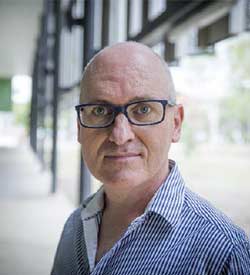
Associate Professor Riccardo Welters
Riccardo Welters holds a PhD (economics) from Maastricht University, the Netherlands. He is an associate professor in economics at James Cook University and teaches in the areas of Economic Growth and Behavioural Economics. His research interests include social disadvantage in the labour market, creative industries and student disengagement at school. He is a research associate at the Centre of Full Employment and Equity (University of Newcastle) and a research fellow at the Research Centre for Education and the Labour Market (University of Maastricht). Riccardo is also theme leader ‘Sustainable Growth’ at JCU’s Cairns Institute. Besides research, Riccardo has conducted several consultancy projects while at JCU, for the Australian Defence Organisation, Townsville Enterprise, Advance Cairns and Townsville City Council. Riccardo has lectured and continues to lecture a broad range of subjects both at undergraduate and postgraduate level including ‘Economic Growth and Sustainable Development’ and ‘Behavioural Economics for Sustainable Policy’.

Mrs Kerry Russo
Kerry Russo is the Associate Dean of Teaching and Learning with James Cook University’s College of Business, Law and Governance in Australia. Her role as Associate Dean includes leading the development of a learning and teaching culture committed to excellence, innovation and positive student experiences. Kerry is researching and developing intervention strategies to upskill students in digital fluency and increase student retention. Kerry is an experienced educator who is sits on numerous committees including; the Australian Business Deans Council, Teaching and Learning Executive, The Higher Education Research & Development Society Australia (HERDSA) Qld Executive, The Townsville District Health Service Human Research Ethics Board and is a Cancer Australia Research Grant Panel member. Kerry is passionate about equity and widening participation in higher education.

Mrs Helen Madden
Ms Helen Madden is the Regional Sales Manager for Cengage Learning, based in Sydney. Currently, Helen is working with a team looking after the University market in QLD and NSW across all academic disciplines. Helen is experienced and highly knowledgeable in working within the publishing industry since 2002, her skills lie in communication, innovation, and mentoring. Holding a Degree in Education with a major in Visual Design from ACU, she is an avid supporter of the arts scene across Australia, immersing herself constantly in ballet, music concerts and gallery exhibits. Her passions range from culinary conquests, European travel, losing herself in a good book, as well as constantly seeking to challenge and broaden her visual literacy through her fondness for calligraphy and photography.
All competition enquiries are to be directed to:
Dr Taha Chaiechi E: taha.chaiechi@jcu.edu.au or
Mr Paul McGrath E: paul.mcgrath@jcu.edu.au
